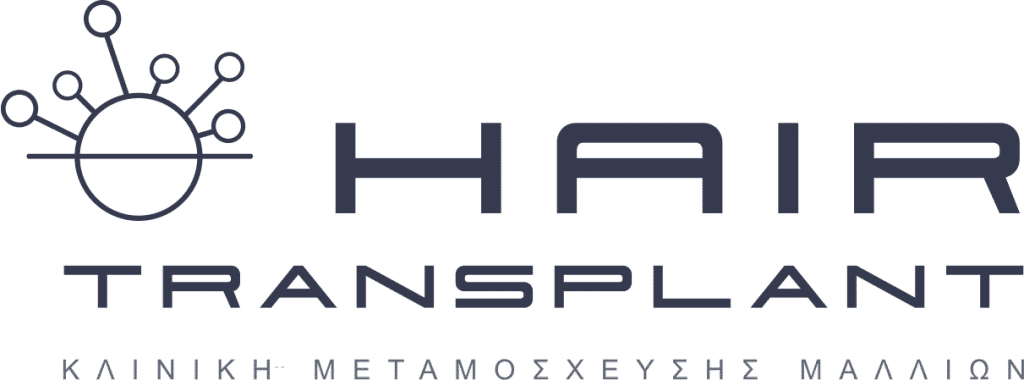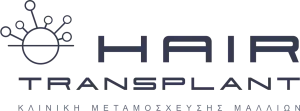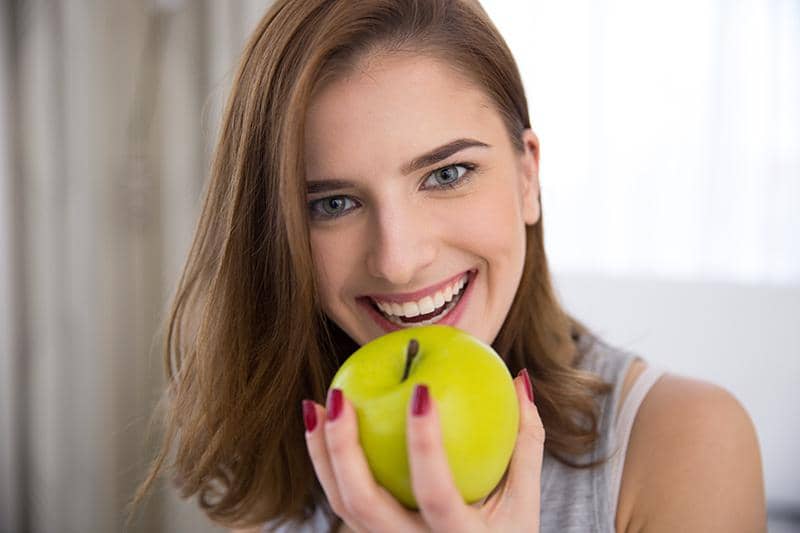Vegetarianism (in its various forms) is gaining more and more fertile ground these days, as even in our country its advantages are being promoted over the previous prevailing opinion that associated it with past memories that referred to poverty and hunger.
It is, however, a given that a diet lacking -in some cases more, and in others less- nutritional options, can lead to deficiencies of some basic nutritional elements, requiring special attention to the diet in order to achieve the necessary balance.
Modern research directly links the health and appearance of the hair to the diet we follow.
However, are there cases of lack of certain nutritional elements that lead to hair loss?
And if the answer to the above question is positive, does a vegetarian diet, especially if it excludes all foods of animal origin, favor the above deficiencies?
Answering the first question, we should first of all take into account that, like nails, hair is mainly composed of protein, of which they need a sufficient amount in order to grow.
The result of its deficiency is an increase in the risk that a large number will enter the stage where they stop growing, eventually leading to hair loss.
It also appears that a lack of adequate intake of iron, zinc and vitamin B-12 can lead to hair loss.
One cannot rule out that a dietary pattern based exclusively on foods of plant origin can provide sufficiency in each of the above elements related to hair health.
However, careful planning is needed as such a diet presents increased needs for protein, zinc, iron and vitamin B-12, and it is much easier to lead to deficiencies in them.
In such a case the risk of hair loss is clearly present.
-
Protein
Adequate protein intake can be achieved by combining legumes with grains
The above combination of foods is deemed necessary in order to compensate for the low biological value protein provided by legumes due to the lack of some amino acids, many of which are found in cereals.
Other good sources of protein are nuts, seeds, and soy, although overconsumption of the latter should be avoided by people prone to hypothyroidism.
Iron
Iron deficiency is not uncommon for people who have eliminated animal foods from their diet.
Given that the absorption of iron from sources of plant origin is small, the combination of the above foods with foods that have a high vitamin C content should be provided
Zinc
As some of the richest sources of zinc are excluded in a purely vegetarian diet, it is possible that the necessary amount of intake is not covered.
Vegetarian sources of zinc include beans, seeds and nuts, as well as fortified cereals.
Vitamin B-12
Sufficient intake of this vitamin is perhaps the biggest problem of a strictly vegetarian diet as it is found mainly in foods of animal origin.
Soy milk and fortified cereals are good sources, but even these are not certain to provide sufficiency.



